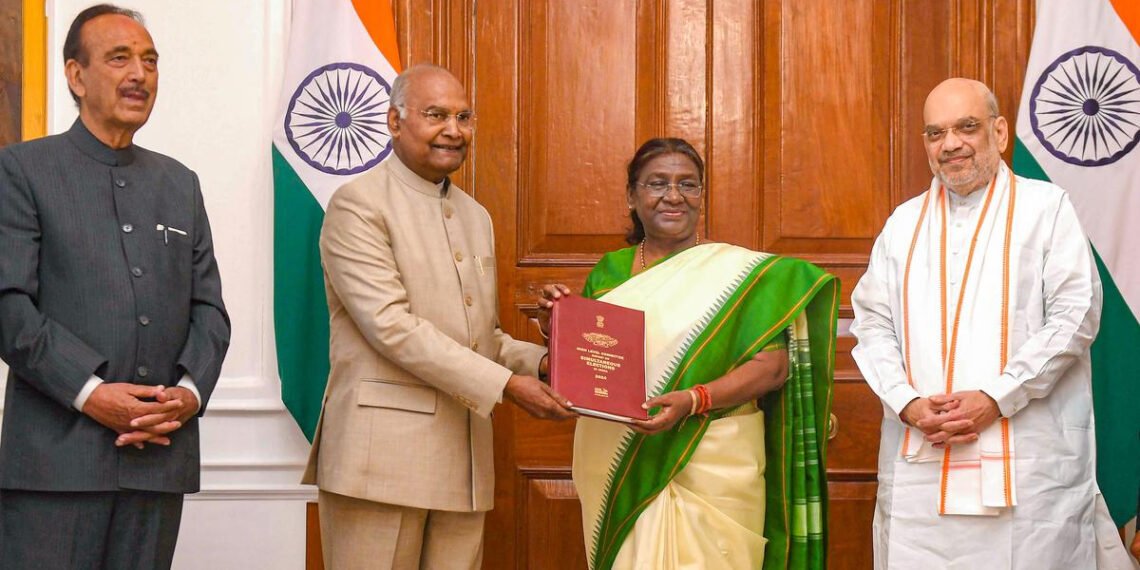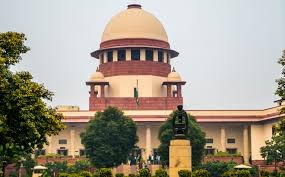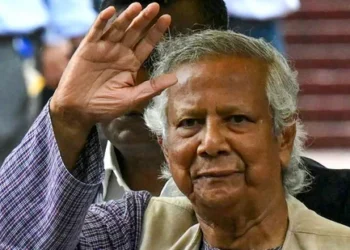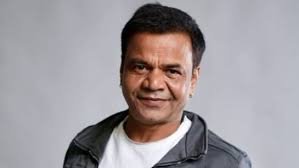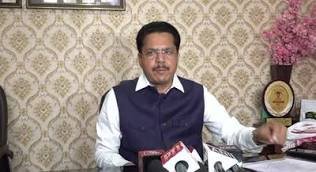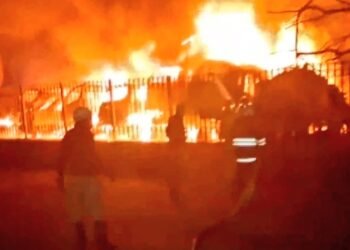‘One Nation One Election’ recommended by panel headed by former President Ram Nath Kovind approved by Union Cabinet
The proposal for one nation, one election, recommended by a panel headed by former President Ram Nath Kovind and submitted in March, was unanimously approved by the Union Cabinet on Wednesday.
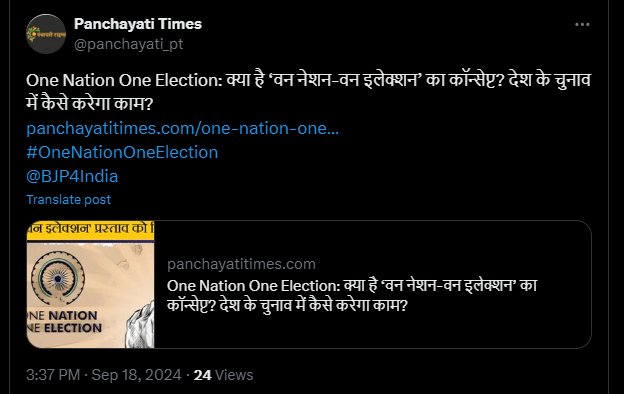
This comes just a day after Union Home Minister Amit Shah stated at a press conference celebrating 100 days of PM Modi’s third term that one nation, one election will be introduced in this current term. In his Independence Day speech at the Red Fort this year, the Prime Minister had urged everyone to unite in support of the simultaneous poll legislation.
The high-level committee, which was formed by the Modi 2.0 government in September of last year and chaired by the former President, was tasked with assessing the possibility of holding simultaneous elections. The report was handed over to the President by the panel in March of this year.
Since taking office in 2014, the NDA government has consistently pledged to hold simultaneous elections. The report suggested conducting Lok Sabha and Assembly elections at the same time, along with urban body and panchayat polls within 100 days under the concept of one nation, one poll.
Also read: Jammu and Kashmir Polls: Peaceful voting so far; 26.72 percent turnout till 11 am
The panel, which presented its findings in March, mentioned that it had examined successful methods from other nations and sought advice from economists and the Election Commission. It also emphasized the need for a legally viable system to adjust current election schedules.
Earlier, the JD(U) and the LJP, important allies of the BJP, had also backed the decision. Nevertheless, critics, including members of Congress, have vehemently objected to the proposal for a single nationwide election.
What is ‘One Nation One Election’?
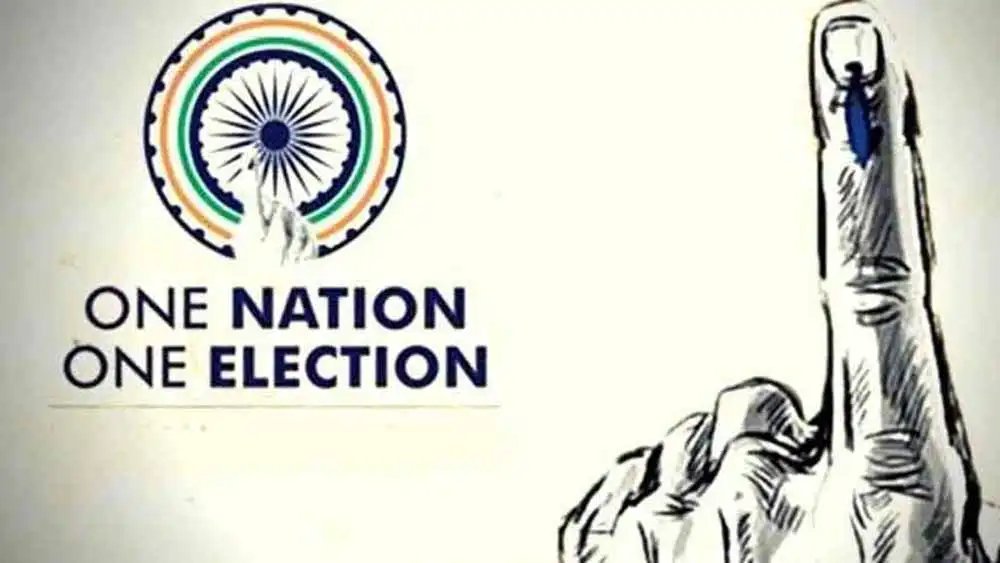
Interestingly, the concept of ‘One Nation, One Election’ is not a recent idea and was implemented until 1967. India previously conducted simultaneous elections in 1951-52, 1957, 1962, and 1967, where general elections and state assembly elections were held together.
The Lok Sabha and state legislatures held elections simultaneously in 1952 and 1957. Nonetheless, the pattern was interrupted in Kerala in July 1959, with Jawaharlal Nehru’s government invoking Article 356 of the Constitution to remove the Communist E M S Namboodiripad’s administration.
The concept of ‘One Nation, One Election’ seeks to align elections throughout India, where Lok Sabha and state assembly elections would take place at the same time. This proposition, advocated by the Bharatiya Janata Party (BJP) and Prime Minister Narendra Modi, was a crucial pledge in the BJP’s 2014 Lok Sabha election manifesto.
If put into effect, it will reduce the total cost of the electoral process and consolidate all elections into one period. Many argue that when the Model Code of Conduct is implemented after elections are announced, it hinders the government from announcing projects or policy plans.



